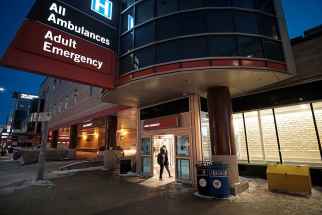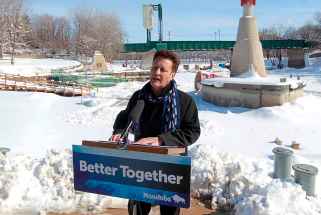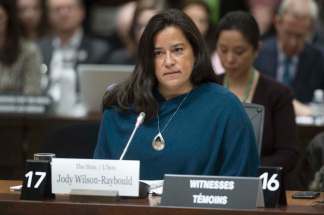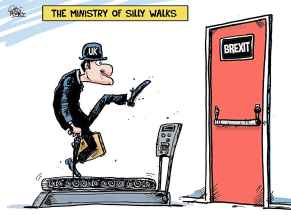City MP, nurses want safety standards for increasingly violent health facilities
Read this article for free:
or
Already have an account? Log in here »
To continue reading, please subscribe:
Monthly Digital Subscription
$0 for the first 4 weeks*
- Enjoy unlimited reading on winnipegfreepress.com
- Read the E-Edition, our digital replica newspaper
- Access News Break, our award-winning app
- Play interactive puzzles
*No charge for 4 weeks then price increases to the regular rate of $19.00 plus GST every four weeks. Offer available to new and qualified returning subscribers only. Cancel any time.
Monthly Digital Subscription
$4.75/week*
- Enjoy unlimited reading on winnipegfreepress.com
- Read the E-Edition, our digital replica newspaper
- Access News Break, our award-winning app
- Play interactive puzzles
*Billed as $19 plus GST every four weeks. Cancel any time.
To continue reading, please subscribe:
Add Free Press access to your Brandon Sun subscription for only an additional
$1 for the first 4 weeks*
*Your next subscription payment will increase by $1.00 and you will be charged $16.99 plus GST for four weeks. After four weeks, your payment will increase to $23.99 plus GST every four weeks.
Read unlimited articles for free today:
or
Already have an account? Log in here »
Hey there, time traveller!
This article was published 28/02/2019 (2477 days ago), so information in it may no longer be current.
While there have been hundreds of violent incidents reported at two Winnipeg hospitals over two years, there haven’t been provincial or national safety standards established for health-care facilities, something one local union and a Winnipeg MP are pushing for.
From October 2016 to October 2018, there were 444 violent incidents reported at the Health Sciences Centre and 175 such cases at Grace Hospital, according to freedom of information results obtained by the Free Press.
The statistics encompass incidents of verbal abuse and threats of violence, plus instances of physical aggression. Some incidents stem from deliberate acts, while others involve patients with dementia or those disoriented from a medical condition, who may have no control over their actions.
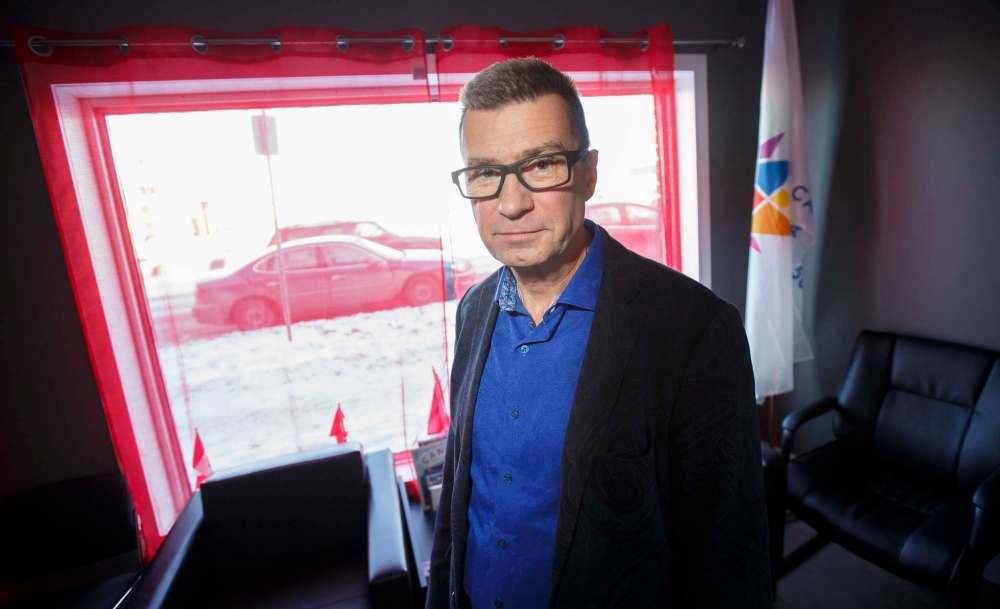
A Winnipeg MP who spent years working as an emergency room physician is trying to draw attention to health-care violence nationally, tabling a petition Friday that asks Ottawa to tackle an issue in which he has first-hand experience.
"It’s a very serious problem; it’s escalating," Doug Eyolfson, Liberal MP for Charleswood-St. James-Assiniboia-Headingley, told the Free Press.
He said assaults have always happened in health care, but the Freedom of Information and Protection of Privacy Act data suggests an increase in crystal meth use is fuelling more assaults.
Eyolfson was assaulted in spring 2015 while working at HSC, when a patient "with severe psychosis" tried escaping from the hospital and punched him in the face.
Winnipeg hospital wait times rise
wfpsummary:The Winnipeg Regional Health Authority posted its emergency-room wait times for January Thursday, which showed longer median waits for most hospitals compared with the month prior.:wfpsummary
The Winnipeg Regional Health Authority posted its emergency-room wait times for January Thursday, which showed longer median waits for most hospitals compared with the month prior.
Every facility — save for the Victoria Hospital urgent care centre and Children’s Hospital — reported longer median waits for patients.
Concordia Hospital had the longest median wait time at 2.35 hours, while Children’s Hospital and the Victoria had 1.4-hour and 1.55-hour waits, respectively.
Compared with January 2018, the wait times improved in three hospitals (Concordia, Grace, Children’s) and grew at the four others (HSC, Seven Oaks, St. Boniface, Victoria).
The WRHA also posts its 90th percentile waits, which represent a one in 10 minority of patients who wait longer than the average times.
The longest 90th percentile wait last month was at Concordia, at 5.78 hours. The shortest times were at Children’s and Victoria, with 3.47-hour and 3.95-hour waits each.
The WRHA posts aggregated monthly wait-time results online on the last Thursday of every month.
— Jessica Botelho-Urbanski
"I hit a wall and was concussed. I recovered quickly; I was more shaken up than traumatized, but it was a very sobering experience," said Eyolfson, who returned to work the next evening.
“I was lucky, because all I had was a pair of broken glasses, a black eye and a bit of a headache."
Eyolfson’s petition calls on the federal health minister "to develop a pan-Canadian prevention strategy to address growing incidents of violence against health-care workers." The petition gathered 8,743 signatures, with some from every province and territory, over the course of four months.
Eyolfson hopes a national strategy would look at everything from added security personnel in hospitals to possible criminal sanctions. He’s particularly concerned about how often nurses are assaulted.
"Part of it’s a cultural shift. It was always just simply accepted that this was a ‘part of the job,’" he said. "It took a long time for society, in general, to say that, ‘No, this is not acceptable in the hospital workplace; this is not acceptable in any workplace.’"
Darlene Jackson, president of the Manitoba Nurses Union (MNU), said the union met twice with representatives from the provincial government last summer to discuss beefing up hospital security across the province.
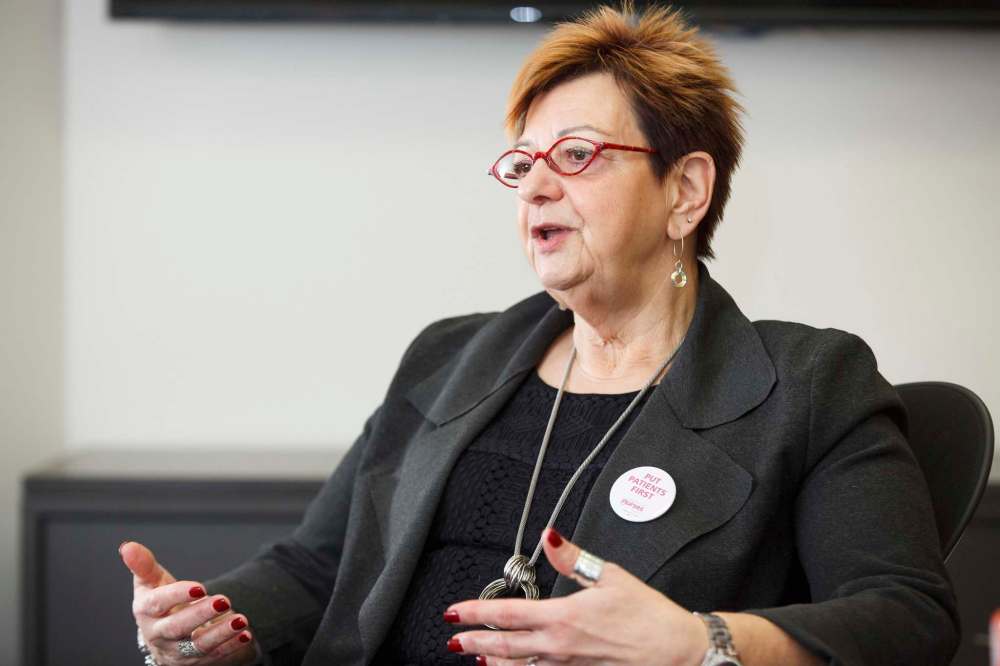
She said they haven’t heard any updates since August.
“That’s really disappointing. I was really hoping we’d be able to get some work done on provincial standards,” Jackson said.
On Thursday, Health Minister Cameron Friesen hinted more safety measures are on the horizon.
“As a new legislative session approaches, we will be introducing additional measures designed to ensure the safety and security of patients, visitors and staff at health-care facilities throughout the province,” he said in a prepared statement.

!function(e,t,s,i){var n=”InfogramEmbeds”,o=e.getElementsByTagName(“script”)[0],d=/^http:/.test(e.location)?”http:”:”https:”;if(/^/{2}/.test(i)&&(i=d+i),window[n]&&window[n].initialized)window[n].process&&window[n].process();else if(!e.getElementById(s)){var r=e.createElement(“script”);r.async=1,r.id=s,r.src=i,o.parentNode.insertBefore(r,o)}}(document,0,”infogram-async”,”https://e.infogram.com/js/dist/embed-loader-min.js”);
Jackson suggested there should be more security in hospitals and some ought to be given peace officer status, so they can legally use force if a situation turns volatile.
“You need to go through a metal detector to get into a Jets game. You can’t check a book out of the Millennium Library anymore without going through security. It would be really great if they paid the same consideration to protect health-care workers, families, patients, visitors in our health-care facilities. That would be such a plus,” she said, adding later:
“I don’t know if there should be metal detectors, but there certainly should be some ramping up in the security issues in our facilities.”
Spokespeople from the Winnipeg Regional Health Authority (WRHA) and HSC sent statements outlining how seriously violent incidents are taken.
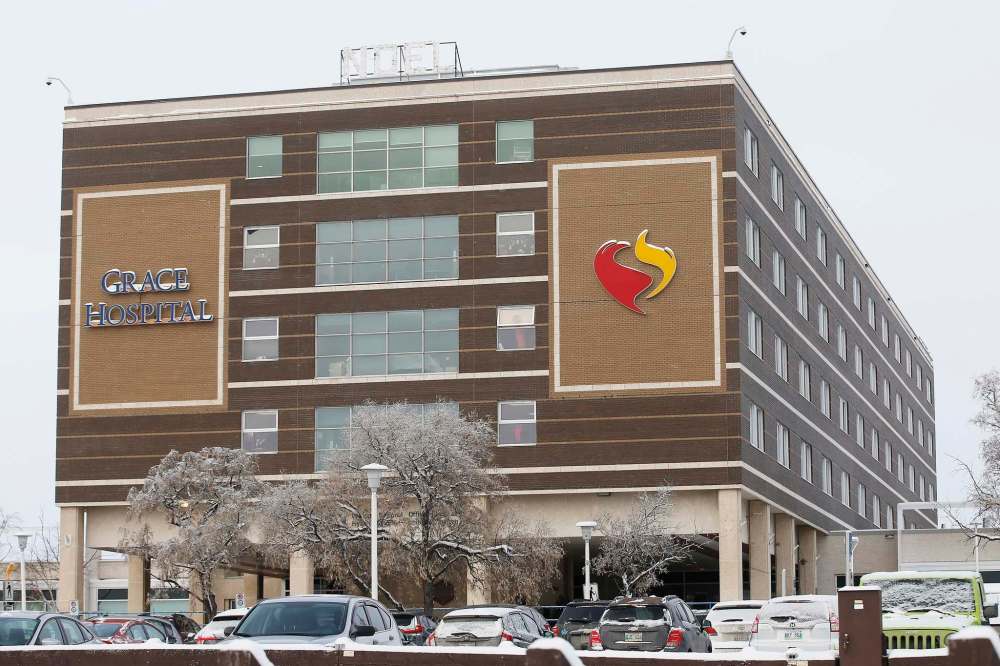
HSC spokesperson Kat Fox noted the hospital has been making changes to enhance safety since October. New measures include restricting after-hours access to the hospital campus and limiting visiting hours from 8:30 a.m. to 8:30 p.m., in force in all units as of last week.
HSC also distributed personal panic alarms to all staff, physicians and volunteers, to use in case of emergencies.
WRHA spokesperson Paul Turenne said the region implemented a provincial health-care violence prevention program in 2016, developed in collaboration with MNU. Its training modules were designed to “mitigate, eliminate or reduce all forms of violence in workplaces where health-care services are provided.”
“Throughout the WRHA, we are always working to find new and better solutions to reduce the risk of violent incidents occurring, and to mitigate the severity of those few incidents that unfortunately do occur,” he said.
— With files from Dylan Robertson
jessica.botelho@freepress.mb.ca
Twitter: @_jessbu
History
Updated on Friday, March 1, 2019 7:22 AM CST: Clarifies Doug Eyolfson was an emergency room physician.
Updated on Friday, March 1, 2019 11:47 AM CST: Numbers updated.



